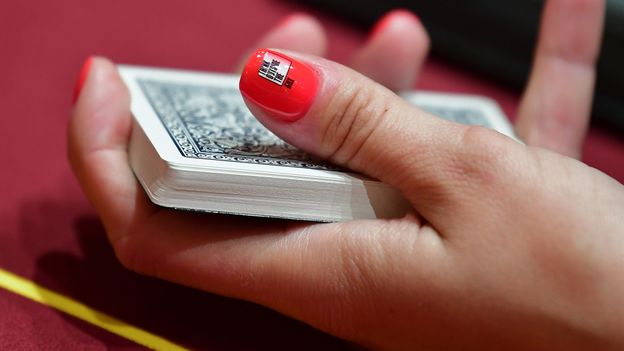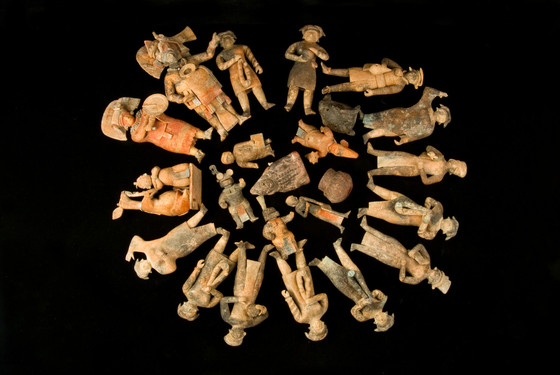
To Play or Not to Play With Your Kid?
The first time that Megan Roth, an urban planner in Calgary, Canada, Googled independent play, her daughter had just received a number of toys for her second birthday. None engaged her for long. The toddler preferred doing household tasks with her parents: refilling the bird feeder, replacing batteries in the smoke detector. Roth thought it was cute at first, but then she started hearing that her daughter should be able to play without much, if any, adult input. Family members commented on what they saw as her daughter’s short attention span. In parenting forums and on social-media accounts, tips for encouraging solitary play were as abundant as beads in a craft kit. “It caused me a lot of worry,” Roth told me, “and anxiety that I had ruined her somehow.”
The phrase independent play, popularized by the parenting educator Janet Lansbury, was almost unheard-of 15 years ago. Today, it is Googled more often than baby-led weaning or free-range parenting. Toy brands such as Lovevery, Melissa & Doug, and Hape market their products’ ability to encourage children’s autonomy. And then there’s social media. The parenting influencer Jerrica Sannes, for instance, has written that to ensure children’s cognitive and psychological development, parents “have to set aside a minimum of 5 hours per day for independent, unstructured, adult-free, sensory-rich, risky, creative PLAY particularly throughout the early stages of brain development,” and that playing with young children “actually often undermines” connection.























